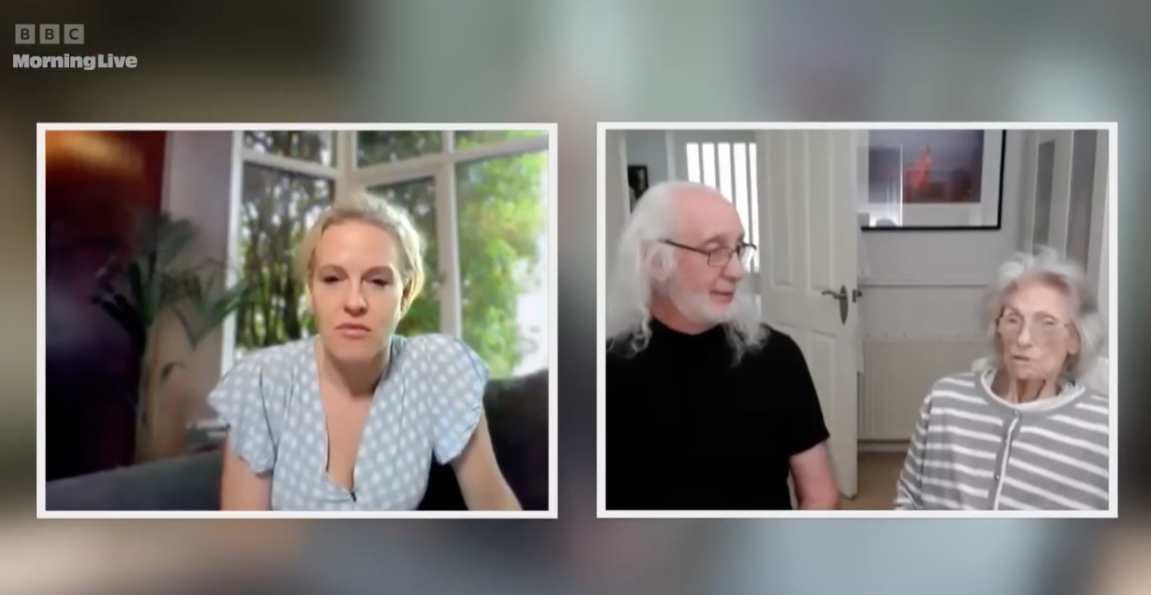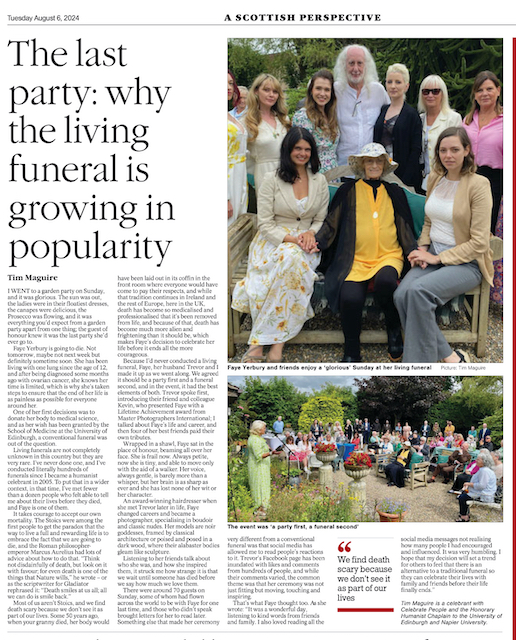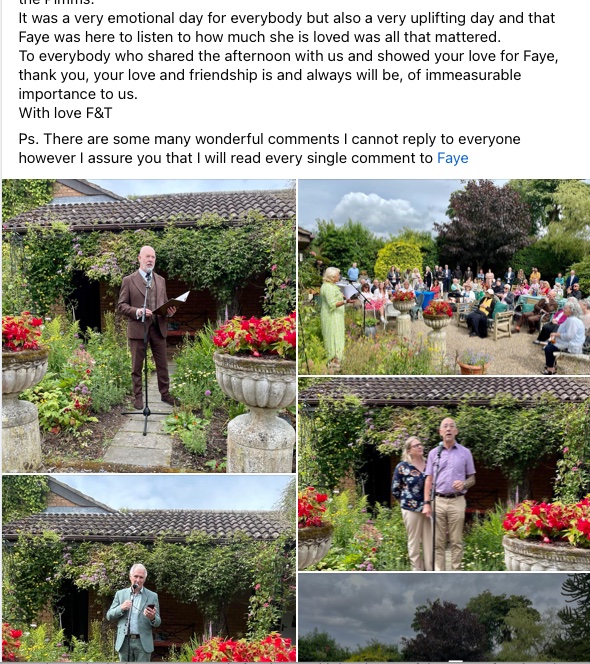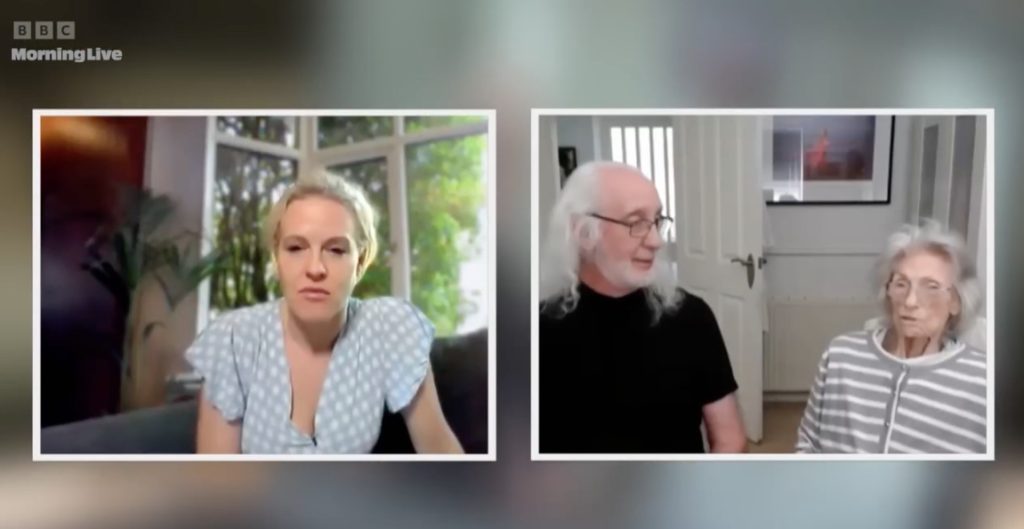The Golden Rule: Helpful Guide or Risky Assumption?
This month’s topic was suggested by Dawn, and it began as a simple question about the principal of behaving towards others as we would wish them to behave towards us, but it soon turned into a wide-ranging, thought-provoking discussion about culture, politics, power, and humanist practice.
Culture Clashes
Tim kicked things off by pointing out that ‘The Golden Rule’ assumes that other people want the same things we do. Not true. A pat on the head might be affectionate in Scotland, but in Thailand it’s a grave insult.
Susan agreed, noting that celebrants are constantly navigating these cultural subtleties. A kiss on each cheek feels natural in France, but in other contexts it might be awkward or offensive. How much can we learn about every culture in advance? And how much is it down to couples and families to explain what feels right for them?
The Therapist’s View
Harve, who worked as a psychotherapist, brought in his professional experience. He explained that effective therapy requires setting aside your own values and working within the client’s worldview. That principle, he suggested, applies to life in general: assumptions are dangerous, and we need to listen rather than project our own expectations.
Harve shared that his early years hitchhiking taught him to hear different perspectives – from postal workers to architects – which later shaped his ability to empathise without judgement.
Sharon’s Perspective
Sharon added that while she sees the Golden Rule as a good guide, it shouldn’t override our moral principles. Most people, she believes, are inherently good and respond to kindness and respect. But what about those who think they’re more important than they are – for the wrong reasons? Figures like Trump test the limits of the rule. Should we really treat them as they want to be treated? Sharon’s answer: absolutely not.
She also highlighted a useful reminder from the modern workplace: with so many different backgrounds and identities, “treating others as you would like to be treated” often leads to assumptions. If in doubt, ask.
Politics and Power
The conversation naturally drifted into politics. Tim questioned whether applying the Golden Rule to bullies or autocrats makes any sense. Dawn admitted that while she once believed compassion and empathy were universal, she now sees how often they are dismissed.
Harve pointed to the Israel–Gaza conflict as an example of “eye for an eye” thinking, where reciprocity leads only to deeper harm. Tim countered with traditions of nonviolence – Christian, Gandhian, Buddhist – but asked whether they sit comfortably with the Golden Rule or challenge it.
Harve added that democracy itself isn’t universal. Some cultures lean towards autocracy, and many individuals are content to be led rather than take responsibility. Tim observed that even the U.S. is shifting away from its Enlightenment ideals, raising yet another question about whether the values we humanists often assume are shared actually are.
Humanism in Practice
Susan reminded everyone that, in the end, celebrant work is about giving people freedom. Couples can include religious elements if they want — it’s about respect, not prohibition. Tim agreed, lamenting that in Scotland, humanism is often narrowly understood as “no hymns or prayers,” rather than what it truly is: living a good life guided by compassion and reason.
A Lovely Example
To bring things back to the practical, Susan shared a story of a Scandinavian couple she is working with. In their ceremony, the groom will walk down the aisle with both of his parents to meet the bride at the top. Tim loved this: a simple but original idea, deeply meaningful to the couple. For him, it summed up what celebrants do — not dictate, but provide space for people to create their own meaning.
Where We Landed
By the end, no one was ready to throw the Golden Rule away entirely. It remains a useful compass, a reminder to treat people with care. But we all agreed it has limits. It can’t be taken literally or applied blindly across all contexts. Culture, politics, power, and personality complicate things.
As Sharon put it: the Golden Rule is a guide — not a law, not black and white. If in doubt, don’t assume. Ask.






